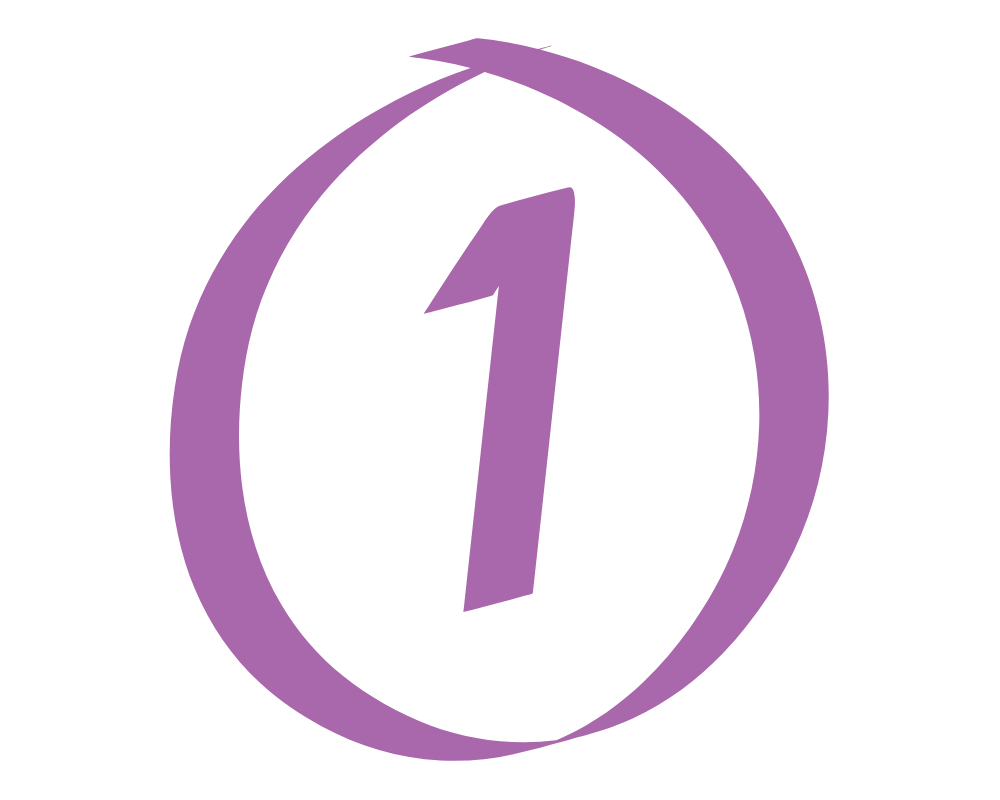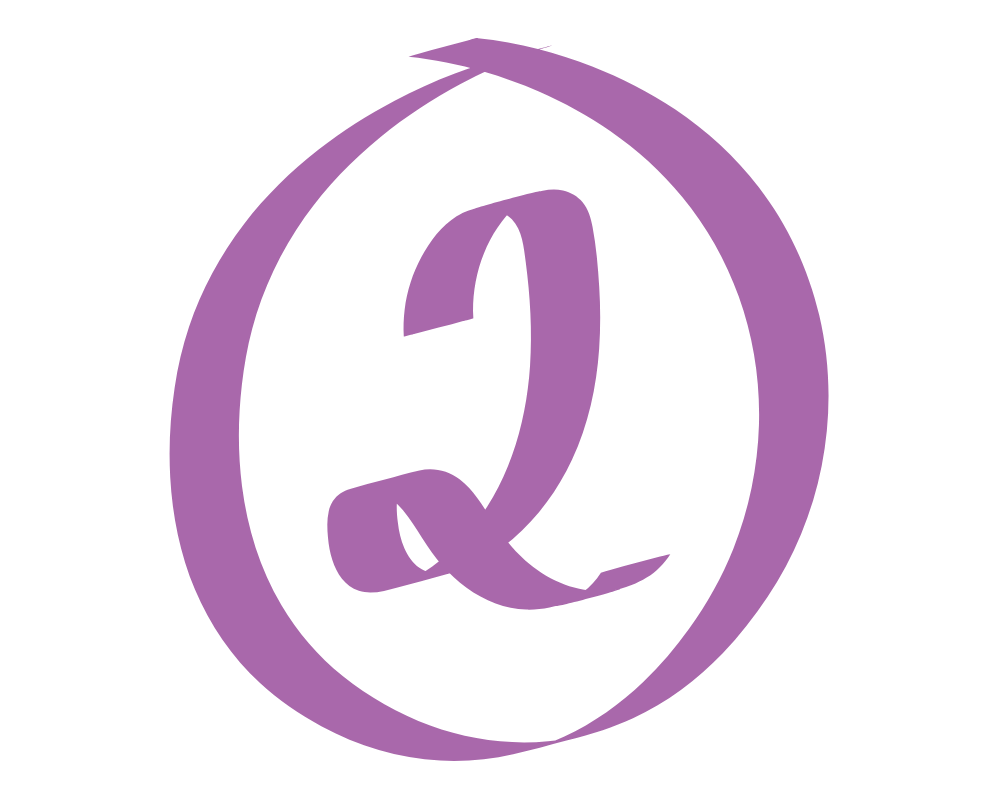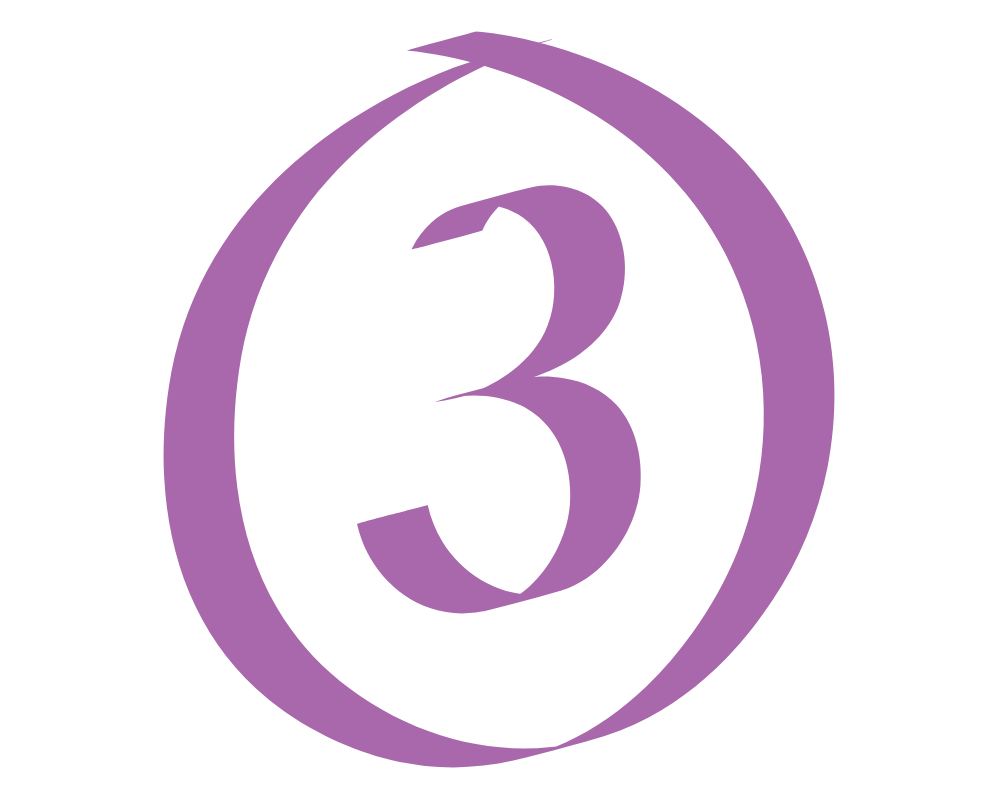You have probably felt grumpy and then changed your mood after receiving good news. Hormonal changes as we age may also lead to mood swings. However, they are not the same as bipolar disorder. There are particular features of this disorder that most people don’t meet.
In some cases, bipolar disorder runs in families. In others, it is triggered by something later on. In any case, this mental health issue is often not diagnosed or treated. Treatment usually involves medications, but psychotherapy and other alternative therapies may also help.
One alternative therapy is known as TMS or transcranial magnetic stimulation. We will briefly review TMS treatment for bipolar disorder.
There are three types of bipolar disorder, but they have a definition in common. Bipolar disorder is a mental health condition featuring mood changes along with changes in activity and energy levels. It often affects the capacity of people to perform their daily activities.
The DSM-5 is an important book for psychiatrists. It contains the distinctive features of all mental health problems, including bipolar disorders. According to this book, these are the three types of bipolar disorder:


It is the most characteristic type. These patients display all the symptoms, and they are usually more severe.

The manic episodes are not fully developed in this case. Yet, people still experience depression and mania in cycles.

Also features depression and hypomania. But they do not meet the requirements to be included in other types of bipolar disorder.

Then, patients go through bipolar depression. It lasts for two weeks or more and features these bipolar symptoms:
The difference between bipolar symptoms and mood swings is that each episode lasts for at least two weeks. They have a cyclic nature and no apparent triggers. Their severity affects the patient socially and in the workplace
Transcranial magnetic stimulation has been useful to treat anxiety and depression. What it does is change the way neurons interact with each other. By promoting changes in the brain network, TMS therapy helps realign brain chemistry.
Under this rationale, we could expect TMS to be helpful in bipolar depression, too. So far, most studies have evaluated this technique in the depressive phase of bipolar disorder. The side effects are mild, if any, and it can be used along with medical therapy without a problem.
It is a promising coadjuvant treatment of bipolar symptoms combined with psychotherapy. However, we should highlight that this therapy does not replace conventional treatment. So, instead of dropping your meds to start using TMS, we recommend talking to your doctor about this alternative and following his advice.
Many studies suggest the potential of TMS to reduce depressive thoughts and feelings. Thus, most studies evaluate TMS treatment for bipolar depression. For instance, one of them evaluated the effect of 20 TMS sessions. The researchers assessed bipolar depression before and after, finding significant improvements. They also had a control group with sham intervention, and the difference between groups was noticeable. TMS therapy was superior to sham therapy and increased therapy success of medications alone.
Symptoms of bipolar disorder also include a manic or hypomanic phase. There are fewer studies in this field, but we can also find some evidence. For example, a group of investigators found improvements after ten sessions. They stimulated the prefrontal area and found that the right prefrontal zone is more responsive than the left.
The evidence so far supports the notion that TMS therapy can be applied to bipolar depression. There are some studies on manic episodes too, but not many in comparison. In a nutshell, we can say that TMS can reduce the symptoms of bipolar disorder, especially bipolar depression. However, remember to notify your doctor about any change in your treatment. This is meant to be a coadjuvant treatment and not replace your medical therapy in any way. Following this advice and incorporating TMS therapy for bipolar disorder may lead to a more rapid and pronounced recovery.
“If, while waiting for your appointment to be seen by a psychiatrist or Qualified Mental Health Professional, your situation deteriorates or you experience thoughts of harming yourself or others, please call 911 or proceed to the nearest emergency room immediately. You may also call the suicide hotline at 800-273-8255.
*** For any medical procedures, patients respond to treatment differently, hence each patients’ results may vary.
****Information on this site is not intended or implied to be a substitute for professional medical advice or treatment. All content contained on or available through this site is for general information purposes only.
*****By using this website and sending us your information you are giving us permission to contact you by electronic and non–electronic means. We also track the conversions and collect user data to improve marketing.
******If you are vision-impaired or have some other impairment covered by the Americans with Disabilities Act or a similar law, and you wish to discuss potential accommodations related to using this website, please contact us.
We specialize in treating moderate to severe depression for all ages with Transcranial Magnetic Stimulation (TMS therapy). TMS is the most advanced FDA-approved depression treatment.
